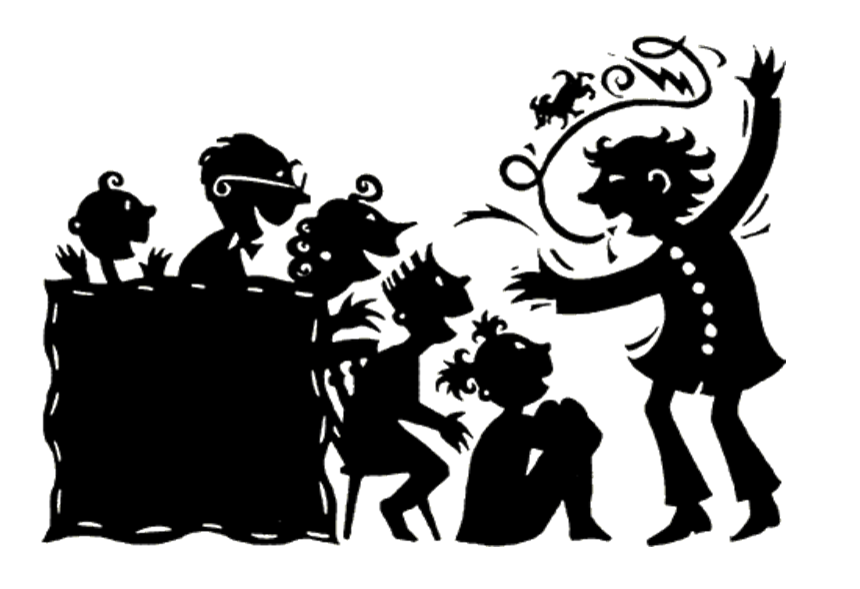In Search of the Droll-Teller August 26, 2017
Author: Beach Combing | in : Modern , trackbackThe droll tellers were the bards of modern Cornwall.
Droll-teller. An itinerant story-teller, news-monger, and fiddler, who travelled from town to town, and village to village. There were two such in Cornwall as late as 1829.
In 1865 Robert Hunt gives a description of one of these droll-tellers from an informants who is presumably remembering back to the first third of the nineteenth century.
The only wandering droll-teller whom I well remember was an old blind man, from the parish of Cury, — I think, as he used to tell many stories about the clever doings of the conjurer Luty of that place, and by that means procure the conjurer much practice from the people of the west. The old man had been a soldier in his youth, and had a small pension at the time he went over the country, accompanied by a boy and dog. He neither begged nor offered anything for sale, but was sure of a welcome to bed and board in every house he called at. He would seldom stop in the same house more than one night, not because he had exhausted his stories, or ‘eaten his welcome,’ but because it required all his time to visit his acquaintances, once in the year. The old man was called Uncle Anthony James… Uncle Anthony James used to arrive every year in Leven parish about the end of August. Soon as he reached my father’s house, he would stretch himself out on a chimney-stool and sleep until supper-time. When the old man had finished his frugal meal of bread he would tune his fiddle and ask if ‘missus’ would hear him sing her favourite ballad.
Beach spent today looking back through the records from before Hunt: Hunt is our first proper Cornish folklore collector. What is remarkable is that there are no references in any of the great databases to droll-tellers from prior to 1865 and the publication of Hunt’s Popular Romances. Enough writers, including William Bottrell,* use the term immediately after Hunt that there can be no doubt that the term existed: it was not just Hunt’s invention. But how remarkable that an important Cornish institution should not appear in any contemporary documentation, at least not under this name! The term ‘droll’ is common in the seventeenth century for entertainments, plays and the like, but droll-teller seems only to have ever been used for Cornwall. ‘Drolleries’ meaning jokes was often used, meanwhile, in Britain in the 1800s.
Can anyone drag the droll-teller back beyond 1865? Drbeachcombing At yahoo DOT com
*There is a very good chance that Bottrell is actually the author of the letter to Hunt.



